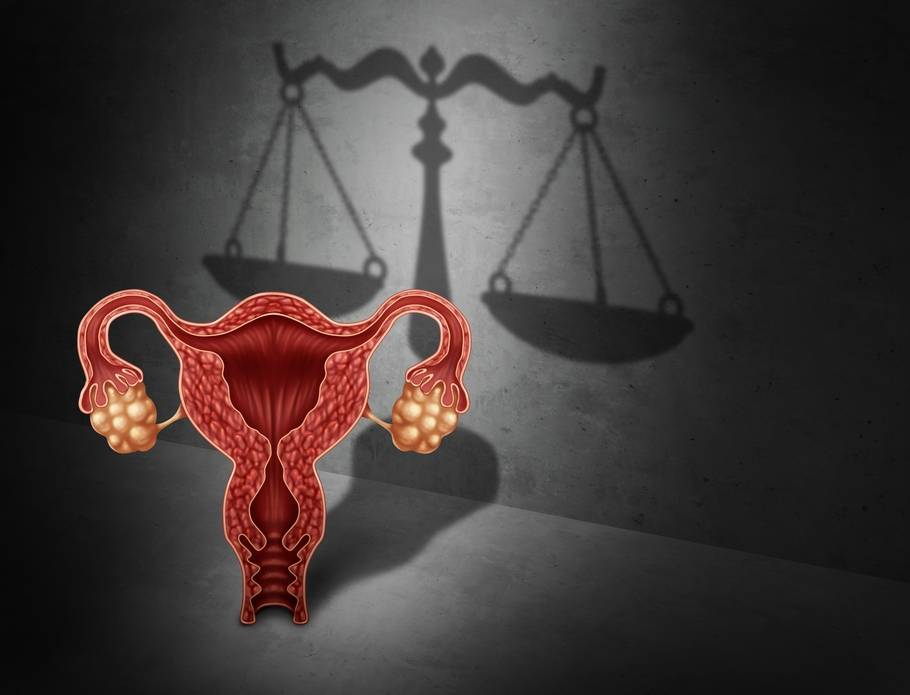Ovarian cysts are a common condition in the female reproductive system, referring to the formation of cystic masses within the ovaries. These cysts may occur during a woman’s reproductive years, and they can be benign, benign with a risk of malignant transformation, or malignant. The symptoms of ovarian cysts vary, depending on the size, location, and whether there has been torsion or rupture of the cyst.
Symptoms of ovarian cysts
1. Abdominal pain: Cysts may cause pain or discomfort in the lower abdomen, and sometimes the pain may worsen **later.
2. Menstrual irregularities: Ovarian cysts may affect the menstrual cycle, resulting in heavier or lighter periods and irregular cycles.
3. Digestive issues and infection symptoms: In some cases, cysts may cause nausea, vomiting, loss of appetite, and other digestive issues, and may even lead to cold, clammy skin, dizziness, shortness of breath, and in severe cases, coma or shock.
4. Feelings of heaviness or fullness in the lower abdomen: The presence of a cyst may cause the patient to feel a sensation of heaviness or fullness in the lower abdomen.
5. **Bleeding or irregular bleeding: If the cyst injures cervical tissue, it may lead to **irregular bleeding.
Impact of ovarian cysts on pregnancy
The impact of ovarian cysts on pregnancy varies depending on the type, size, and location of the cyst. Generally, ovarian cysts may have some impact on pregnancy, but not all ovarian cysts lead to infertility or difficulty conceiving.
Small cysts: If the cyst is small, it typically does not have a significant impact on ovulation and conception.
Large cysts: Larger cysts may compress the ovary, affecting normal ovulation function, leading to difficulties in conception or infertility.
Malignant cysts: If the cyst is malignant, surgical treatment may be necessary, which will directly affect a woman’s fertility.
Cyst complications: Complications such as cyst torsion or rupture may lead to acute abdominal pain, impacting pregnancy.
Ovarian cysts may not present any symptoms in the early stages, but as the cyst grows, a range of symptoms may appear. For women planning to become pregnant, it is crucial to understand these symptoms and seek timely examination. Although ovarian cysts may affect conception, timely medical intervention, such as medication or surgery, can reduce their negative impact on pregnancy. Before planning to become pregnant, women should communicate thoroughly with their doctors, assess their condition, and take appropriate treatment measures as advised. Additionally, for women already diagnosed with ovarian cysts, ensuring proper management of the cyst before pregnancy will help increase the success rate of conception.


